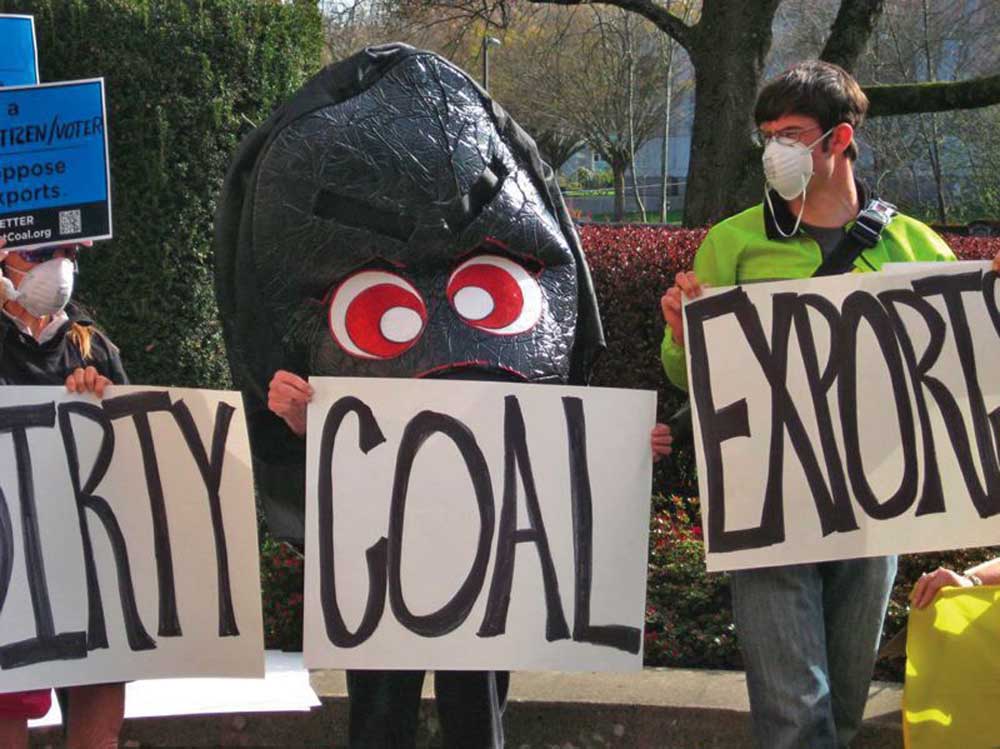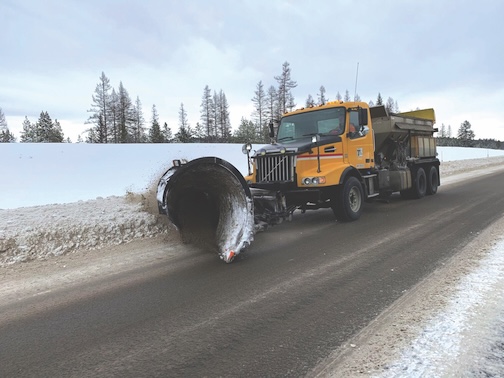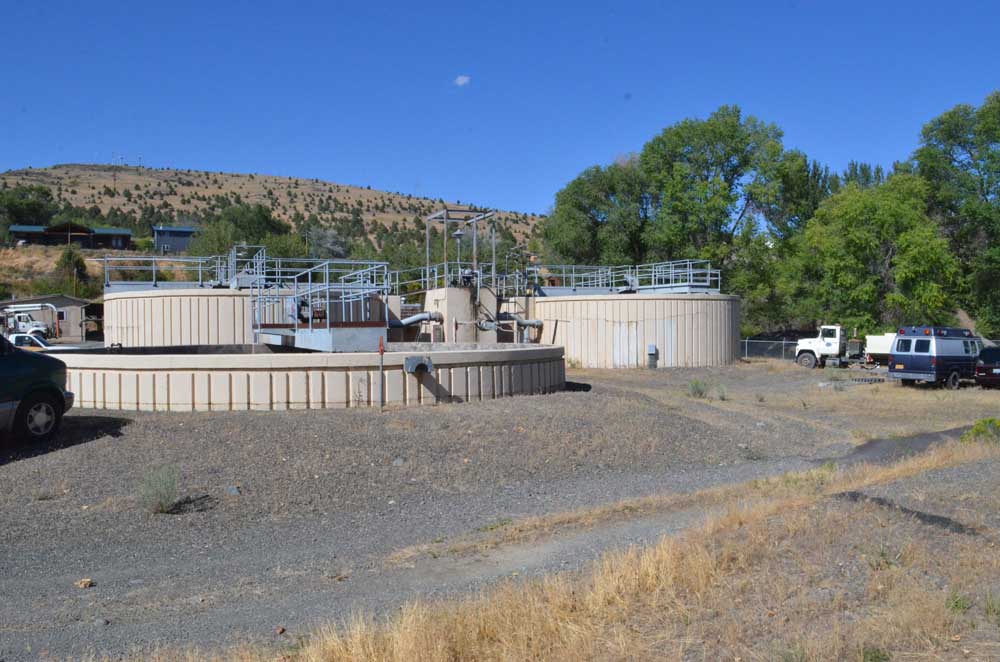Enviro-lobby capitalizing on majorities
Published 12:32 pm Tuesday, March 31, 2015

- Activist protest against coal trains in the file photo. Environmental groups are taking advantage of Democratic majorities in both houses of the Oregon Legislature to advance their agenda this session.
SALEM – Environmental lobbyists are on a roll this year in Oregon.
Trending
They notched a big win early in the session when lawmakers passed legislation to make the state’s low-carbon fuel standard permanent. Now, lobbyists for a coalition of groups have turned their focus to bills that would require utilities to stop using power from coal plants by 2025.
That work isn’t cheap.
In 2014, a broad spectrum of environmental groups spent nearly $470,000 on lobbying in Salem, according to EO Media Group/Pamplin Media Group Capital Bureau’s analysis of state lobbying records.
Trending
The organizations range from small groups that promote water quality and wildlife issues, to industry organizations that seek incentives for renewable energy and efficiency projects.
Still, spending by the environmental lobby is low compared with other industries. A single energy interest group – the Western States Petroleum Association, which opposed the low-carbon fuel standard – spent just under $360,000 on lobbying in Oregon last year. All interest groups reported spending a total of nearly $27 million on lobbying in the state last year.
“We definitely don’t spend nearly as much money on lobbying,” said Christy Splitt, a registered lobbyist and coordinator for a coalition of environmental groups called the Oregon Conservation Network. “I’m not going out to dinner with legislators, or whatever other people are able to do, spending money on lobbying. I think most of what we spend on lobbying is going to pay people’s salaries.”
The environmental lobby does have several advantages, including strength in numbers and strong support from Democratic lawmakers this session. At least 55 registered lobbyists represent environmental interests in Oregon, and most are employees of the groups they represent and do other work in addition to lobbying. In addition, Splitt said there are pro-environment majorities in both chambers.
Environmentalists did not always enjoy such a strong position in Oregon. The Oregon Conservation Network formed 20 years ago at a time when environmentalists spent a lot of time fighting bills aimed at undermining “good” legislation passed in the 1970s, Splitt said. Republicans had control of the House from 1990 to 2006, and the Senate from 1994 to 2002.
“I think folks were feeling pretty frustrated with bad bills passing,” and decided to create a coalition to focus on shared priorities, Splitt said. “The group organized at the time pretty much played defense.”
A decade ago, the coalition decided to stop playing defense and begin proposing more new legislation. Rhett Lawrence, conservation director for the Oregon chapter of the Sierra Club and a registered lobbyist for the group, said coalition members started to come up with annual lists of bills they could agree upon called “priorities for a healthy Oregon.”
The environmental lobby’s top priorities today are two bills they describe as “coal to clean”: Senate Bill 477 and House Bill 2729.
Both would require utilities to stop generating or purchasing electricity from coal power plants by 2025. The Senate version would also require companies to replace coal power with electricity from sources “at least 90 percent cleaner than coal-derived generating resources,” according to a legislative summary.
Splitt said other priorities this year include SB613, a bill to require private forestland owners to provide notice to the state and keep other records of their use of pesticides, a bill to appropriate money for the Oregon Department of Fish and Wildlife to spend on conservation and legislation that would allow the state to end a mandate to generate revenue from timber harvests on some public forests.
Environmental groups are also pushing for the passage of legislation that would preserve or create incentives for a range of solar projects, from residential to utility scale facilities. Lawrence said solar energy “still needs a little bit of a hand in the next step in putting it on a level playing field with fossil fuel.”
Splitt said environmental groups also want money for public transit to be included in any funding package for street maintenance and other transportation projects. The outlook for that package is unclear, since Republicans stopped participating in talks after Democrats passed the low-carbon fuel bill.
Some groups lobbying on the coal power bills and other environmental issues are not strictly environmental groups.
Bob Jenks, executive director of the Citizens Utility Board of Oregon, said the group supports the coal legislation because governments will eventually regulate carbon emissions and ratepayers could save money if utilities begin to more aggressively reduce carbon now.
“We’ve got to work hard because we don’t have the money,” said Jenks, who is not the utility board’s registered lobbyist but was in Salem to testify in favor of the coal bills on Wednesday. “But we’ve got people. We can organize people.”









